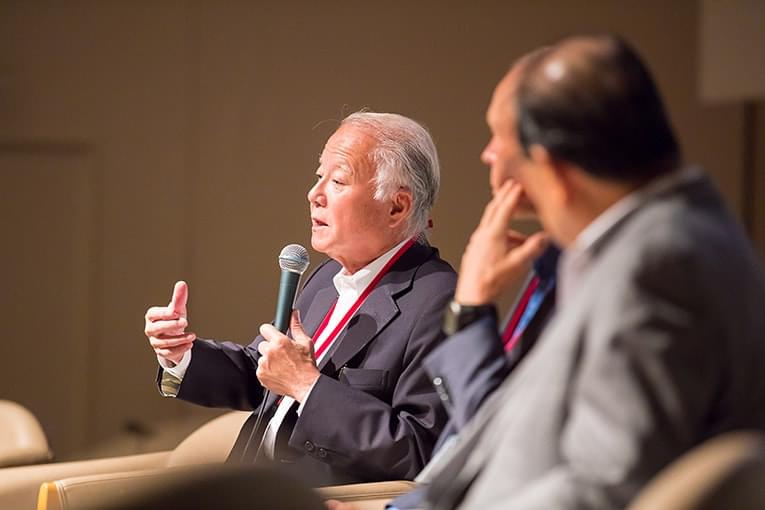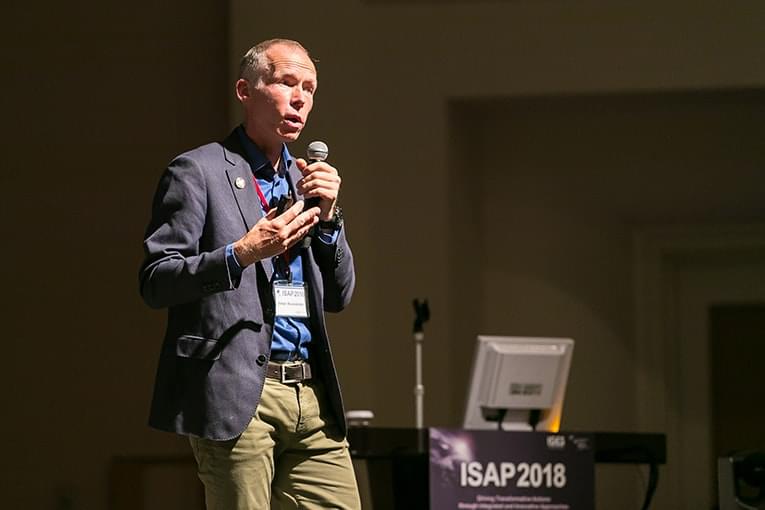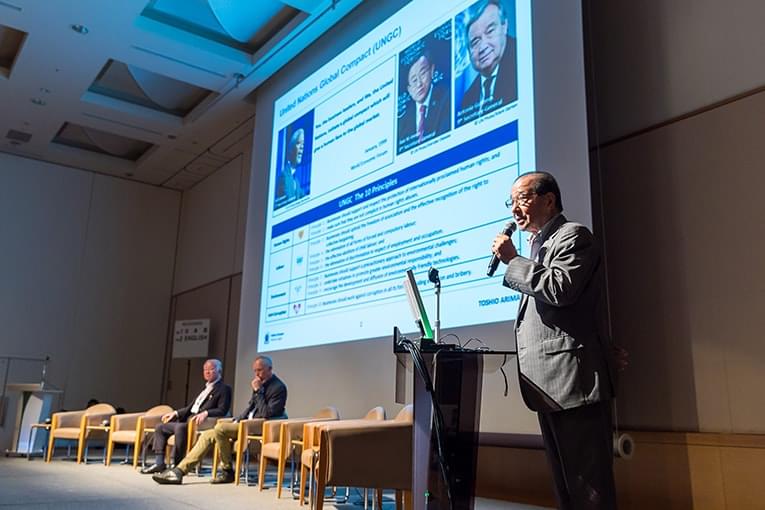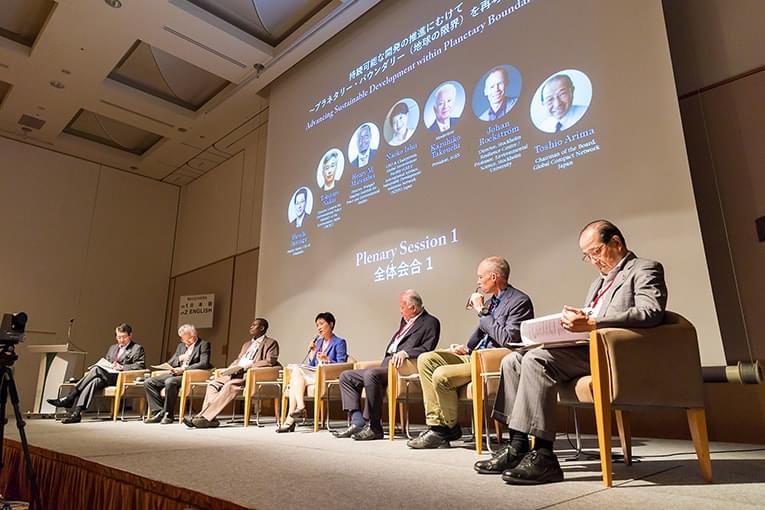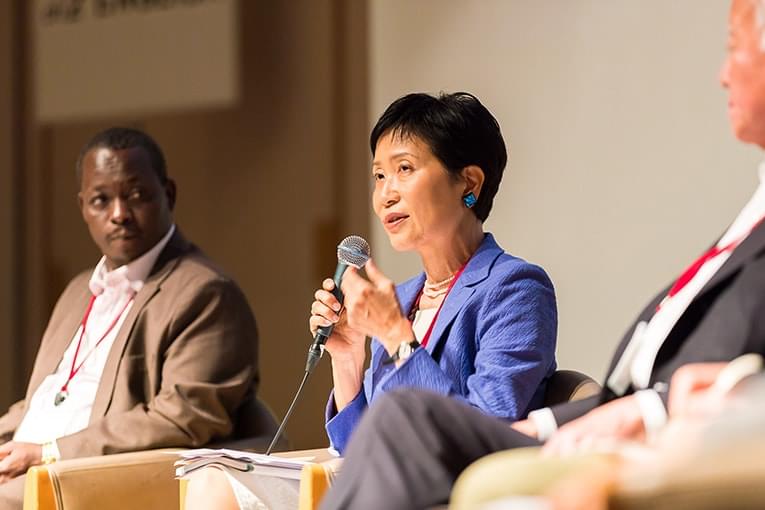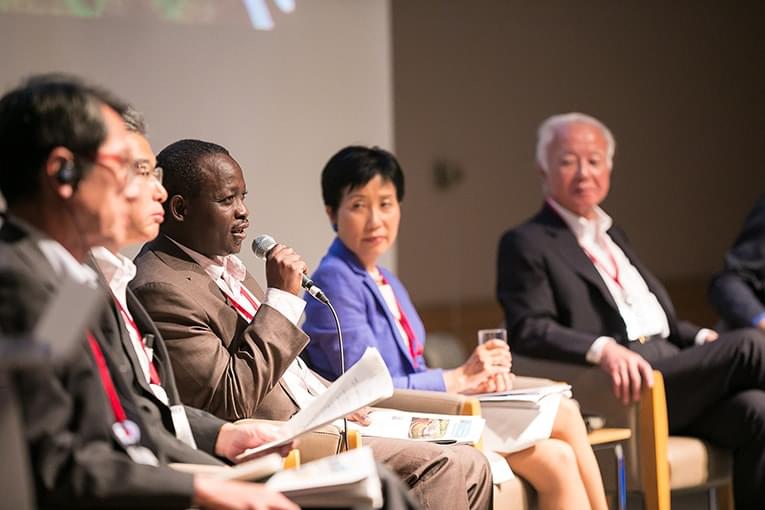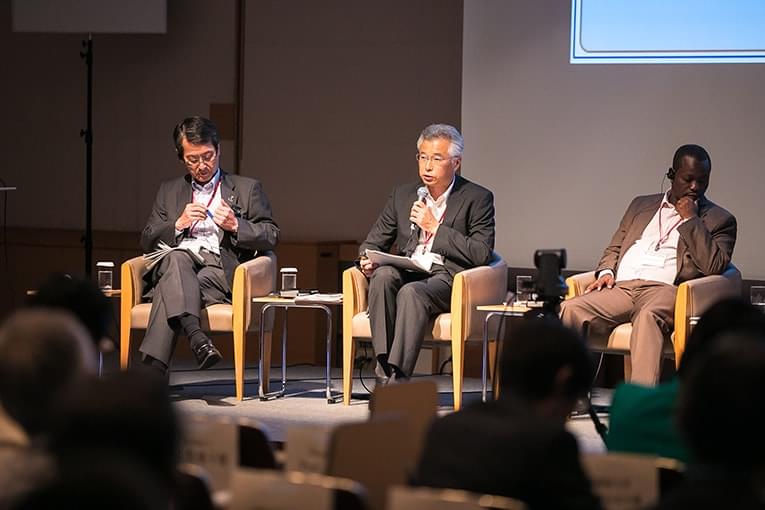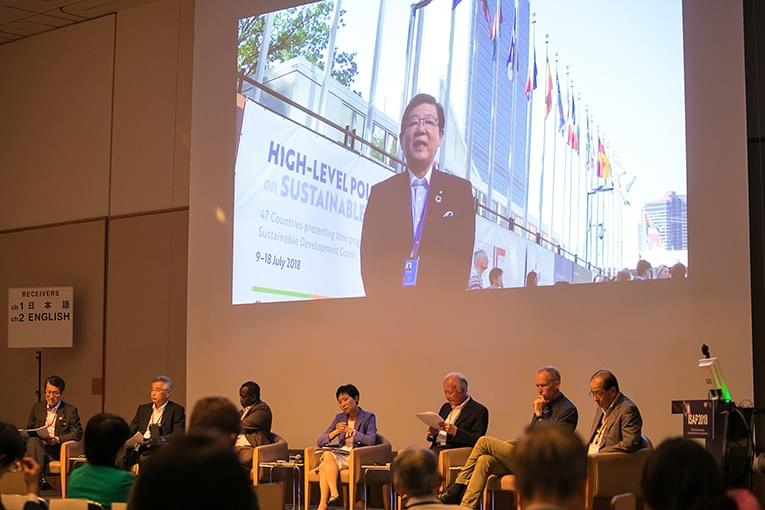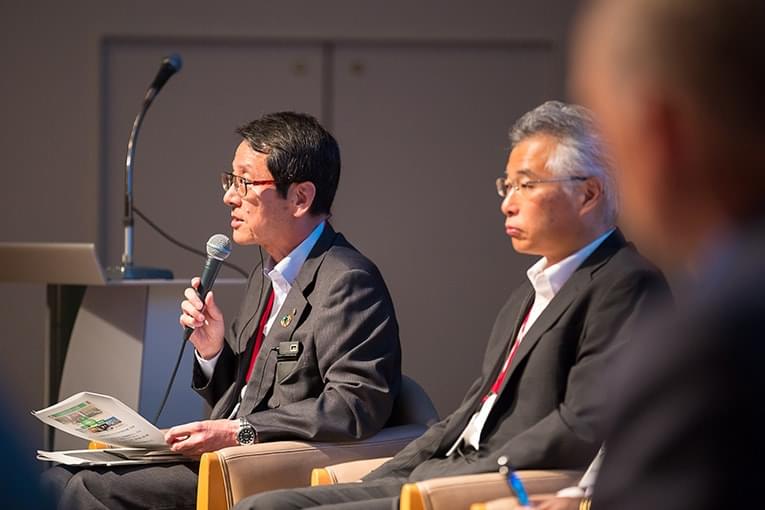The Paris climate accord and the Sustainable Development Goals (SDGs), outline shared responsibilities for ensuring the safety and security of all inhabitants of the planet. Since their adoption in 2015, various stakeholders have initiated actions for the swift implementation of these agreements. However, global efforts continue to vary in speed and scale, with reporting of progress and achievements often fragmented and lacking consistent performance measures.
According to the concept of planetary boundaries, several critical environmental thresholds such as climate change, biosphere integrity, land-system change, and chemical cycles have been exceeded as a result of human activity. The planetary boundaries framework underscores the importance of maintaining “a safe operating space” for humanity to thrive and prosper, calling for transformative actions that seek to harness synergies between economic, social and environmental priorities in order to realise a sustainable future. One of the most effective ways to scale up such actions involves mobilising cross-sectoral, multi-stakeholder engagement focused on mainstreaming the integration of goals, policies and regulations on sustainable development as well as introducing innovative ideas, technologies and business models. Taken together, these initiatives can support the effective implementation of goals and targets of the SDGs and the Paris Climate Agreement.
This session will examine integrated, innovative approaches that combine biodiversity, resource efficiency and climate change, aimed at realising sustainable societies within planetary boundaries. This will include reviewing relevant achievements and lessons learned by IGES and its partners, discussing practical ways to enhance transformative actions.
Director, Stockholm Resilience Centre / Professor, Environmental Science, Stockholm University

Keynote Speech
Johan Rockström
Director, Stockholm Resilience Centre / Professor, Environmental Science, Stockholm University
Johan Rockstrom is an international leading scientist on resilience, global sustainability and sustainable development.
He is a professor in water systems and global sustainability at Stockholm University and Executive Director of the Stockholm Resilience Centre.
Earlier he was Executive Director, Stockholm Environment Institute, SEI.
From October 2018 he will become joint director of the Potsdam Institute For Climate Impact Research.
Chairman of the Board, Global Compact Network Japan
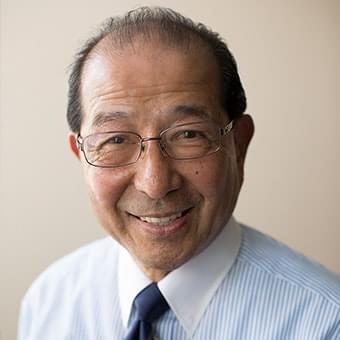
Keynote Speech
Toshio Arima
Chairman of the Board, Global Compact Network Japan
After graduating from the College of Liberal Arts of International Christian University in 1967, Toshio Arima joined Fuji Xerox. He became President and Representative Director of that company in 2002. In 2007 he retired as President and was appointed as an Executive Advisor to the Board. In the same year, he was appointed as a Board Member of the United Nations Global Compact, and served till June 2018. Since 2008 he also has been serving as Chairman of the Board of Global Compact Network Japan. In 2010, he also became the Chairperson of Japan Platform, an NGO platform organisation for emergency humanitarian aids.
He is a board member of two public companies, Kirin Holdings Co., Ltd. and Resona Holdings, Inc.
CEO & Chairperson, Global Environment Facility (GEF) / International Advisor, Sustainable Development Solutions Network (SDSN) Japan
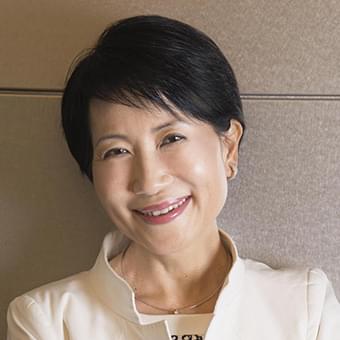
Naoko Ishii
CEO & Chairperson, Global Environment Facility (GEF)/ International Advisor, Sustainable Development Solutions Network (SDSN) Japan
Naoko Ishii has served as the CEO and Chairperson for the Global Environment Facility (GEF) since August 2012. In October 2015, the GEF Council unanimously agreed to extend her tenure for the second term until August 2020. Previously, Ms. Ishii was the Deputy Vice Minister of Finance of Japan, where she was responsible for Japan's international financial and development policies, and for its global policies on environmental issues such as climate change and biodiversity. She led the Japanese delegation at the Transition Committee for designing the Green Climate Fund.
For nearly half of her career, Ms. Ishii has served on international assignments, including at the World Bank and the International Monetary Fund.
At the World Bank, Ms. Ishii was the Country Director for Sri Lanka and the Maldives (2006-2010). She also served as the World Bank's country program coordinator for Vietnam (1997-2001), a project manager at the Harvard Institute for International Development (1996-1997), an economist at the International Monetary Fund (1992-1995) working on Africa and Asia, and a visiting fellow at the Center for International Affairs at Harvard University (1984-1985).
Ms. Ishii taught sustainable development and environment at Keio University. She has published numerous papers and several books, two of which were awarded the Suntory Prize (1990) and Okita Memorial Prize for International Development Research (2004). She is the inaugural recipient of the 2006 Enjoji Jiro Memorial Prize.
She holds a B.A. and a Ph.D. from the University of Tokyo.
Director, Wangari Maathai Institute for Peace and Environmental Studies
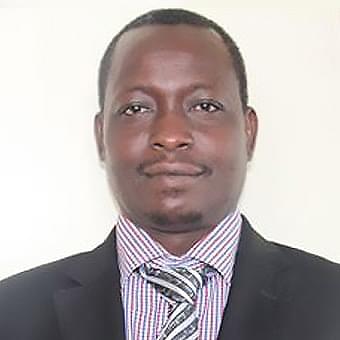
Henry M. Mutembei
Director, Wangari Maathai Institute for Peace and Environmental Studies
Henry M. Mutembei earned his Ph.D. in University of Justus Liebig, Gissen. He has worked for 23 years at the University of Nairobi, where he has held senior management positions serving as the Academic Head, the Coordinator of Programs & Projects, Member of board of postgraduate Studies.
As the Director of Wangari Mathai Institute of Peace and Environmental Studies, he overseas day-day running of the institute. He also serves as a member of Commission of University Education on quality assurance and also as a member of National biosafety committee. At a national level he has served as the Project Coordinator of the Disaster Management. His experience blends across the fields of veterinary medicine, agriculture, disaster management and environmental management.
Director-General for Environmental Policy, Ministry of the Environment, Japan (MOEJ)
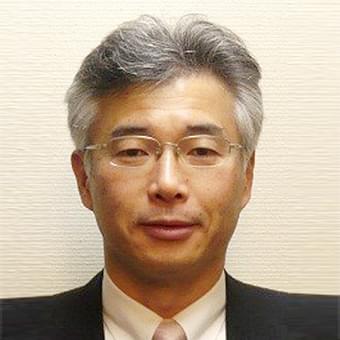
Tokutaro Nakai
Director-General for Environmental Policy, Ministry of the Environment, Japan (MOEJ)
Graduating from The University of Tokyo, Faculty of Law, Tokutaro Nakai entered Ministry of Finance in 1985. Mainly working at Budget Bureau, he moved to work at Toyama prefectural office. During his work in Toyama, he also helped to promote studies on Japan Sea. After that, he served several prominent positions such as Director at Public Relations, Financial Bureau planning officer, a Budget Examiner in charge of budget of Ministry of Agriculture, Forestry and Fisheries. He was transferred to Ministry of the Environment in July 2011. He also held several eminenet positions such as Director at Environmental Policy Bureau, Policy Planning Division, Director at Budget and Accounting Division, Minister’s Secretariat, Director at Personnel Division, Minister’s Secretariat, and Director-General at Waste Management and Recycling Department. He has been in the current position since July, 2017.
Deputy Mayor, City of Kitakyushu
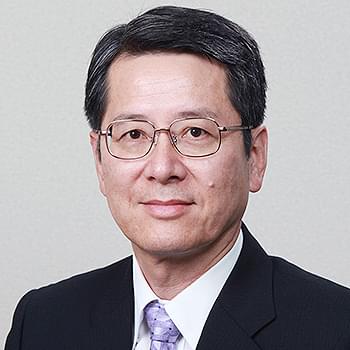
Hiroshi Imanaga
Deputy Mayor, City of Kitakyushu
Hiroshi Imanaga was born in February 1956. After he graduated from the School of Engineering, Hiroshima University, he joined the City of Kitakyushu in 1978. He has worked as Director of Planning Division of Port Management and Planning Bureau, Director of Road Planning Division of Construction and Road Bureau, Executive Director of Environment and Industry Policy Division of Environment Bureau, Chief Executive of Environment Economy Division of Environment Bureau, Kokura Minami Ward Mayor, Chief Executive of City Architect Bureau, Chief Executive of Environment Bureau, Chief Executive of Construction Bureau, before taking up his current position in April 2014.
President, IGES
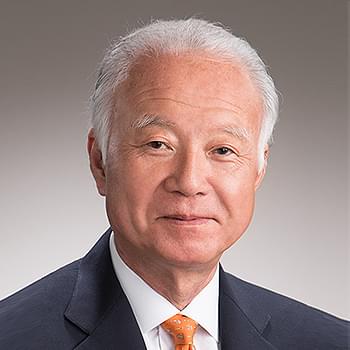
Moderator
Kazuhiko Takeuchi
President, IGES
Kazuhiko Takeuchi graduated from the Department of Geography, the University of Tokyo in 1974. He obtained M.Agr. and Ph.D. from the Graduate School of Agriculture, the University of Tokyo. He served as a Professor at the Asian Natural Environmental Science Center, and as Professor at the Graduate School of Agricultural and Life Science at the University of Tokyo from 1997 to 2012. He also served as a Vice-Rector and Senior Vice-Rector at the United Nations University from 2008 to 2016. He has been Director and Professor/Project Professor of the Integrated Research System for Sustainability Science (IR3S) at the University of Tokyo since 2012. He took up the position as President, Institute for Global Environmental Strategies (IGES) in July 2017. He has served, inter alia, as a Vice-President of the Science Council of Japan, Chair of the Central Environmental Council, Government of Japan, and Editor-in-Chief of the journal Sustainability Science (Springer Nature).
He specialises in landscape ecology, landscape planning, and sustainability science.
